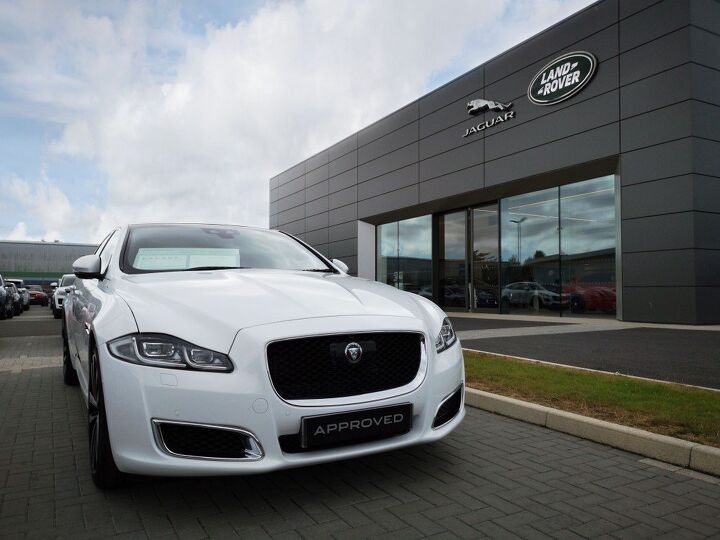#FactoryStall
Toyota Confronting Widespread Factory Stalls in Asia
Toyota Motor Corp is currently having to contend with idle factories in Asia, reducing the automaker’s estimated output by over 47,000 units this month. Shockingly, it’s not alleged to have anything to do with the semiconductor shortage that’s been wreaking havoc on Western markets.
With chip production having been localized primarily in China and Taiwan, Asian suppliers have had better access to them. But Eastern markets have still been subjected to other routine plant closures due to supply chain restrictions stemming from the pandemic. Existing protocols in China, combined with renewed restrictions in Japan, have created a situation impacting numerous automakers with Toyota announcing this week that it probably won’t reach its goal of manufacturing 9 million cars this year — though it made sure to include the ongoing semiconductor issue as relevant.
Jaguar Land Rover to Close UK Factories in November, Cites Brexit
Jaguar Land Rover intends to close factories in the United Kingdom for a week in November. While the move is to safeguard the company against a messy Brexit, the company has said it will take place whether or not the nation actually splits from Europe at the end of October. JLR Chief Executive Officer Ralf Speth confirmed the company’s decision late last month.
Brexit has been a long time coming. While the UK voted to leave the European Union over three years ago, considerable energy has gone into postponing the event to either undo the vote (via a follow-up referendum) or delay things long enough to reach a trade agreement with the EU. Automakers have encouraged a deal in order to avoid supply chain disruptions. However, Prime Minister Boris Johnson has said the nation has waited long enough, promising a no-deal Brexit on October 31st if an accord cannot be reached beforehand.
While JLR won’t be the only automotive manufacturer to temporarily shutter European plants over Brexit fears, reports suggest it’s likely to be the one with the broadest implications.
















Recent Comments